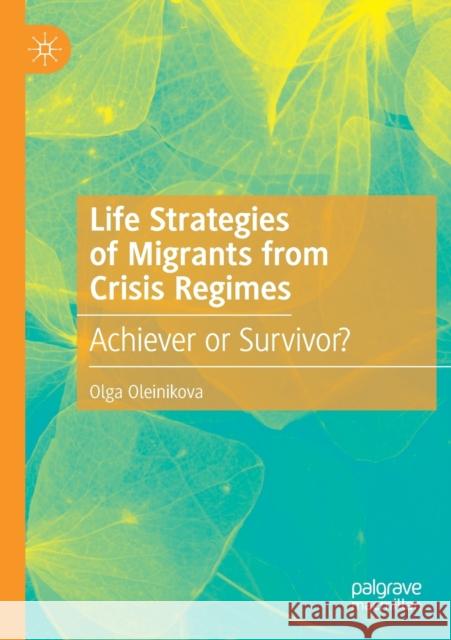Life Strategies of Migrants from Crisis Regimes: Achiever or Survivor? » książka
topmenu
Life Strategies of Migrants from Crisis Regimes: Achiever or Survivor?
ISBN-13: 9783030398415 / Angielski / Miękka / 2021 / 257 str.
Life Strategies of Migrants from Crisis Regimes: Achiever or Survivor?
ISBN-13: 9783030398415 / Angielski / Miękka / 2021 / 257 str.
cena 192,74 zł
(netto: 183,56 VAT: 5%)
Najniższa cena z 30 dni: 191,40 zł
(netto: 183,56 VAT: 5%)
Najniższa cena z 30 dni: 191,40 zł
Termin realizacji zamówienia:
ok. 20 dni roboczych.
ok. 20 dni roboczych.
Darmowa dostawa!
Kategorie:
Kategorie BISAC:
Wydawca:
Palgrave MacMillan
Język:
Angielski
ISBN-13:
9783030398415
Rok wydania:
2021
Wydanie:
2020
Ilość stron:
257
Waga:
0.32 kg
Wymiary:
21.01 x 14.81 x 1.45
Oprawa:
Miękka
Wolumenów:
01
Dodatkowe informacje:
Wydanie ilustrowane











